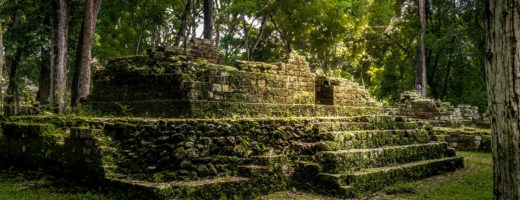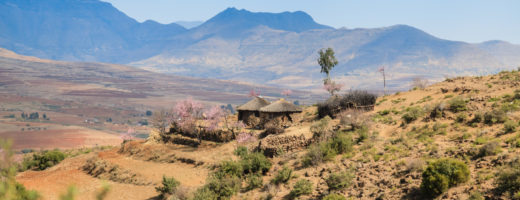Intro: Honduras does not come up as a gay mecca on any scale and I expected as much. But to my pleasant surprise I found the capital, Tegucigalpa, to be home to a bustling community of LGBT groups and activists. All it took was connecting with the right person who knew just about everything and everyone. So I was escorted to the half dozen beehives where LGBT life is alive and well–despite the political chaos.
Homosexuality is legal in Honduras. However, Honduran lawmakers unanimously approved (March 2005) a constitutional amendment prohibiting gay marriage and adoptions by same-sex couples. The vote by Honduras’ National Assembly came just months after the government formally recognized several gay civil rights groups – a move that outraged church leaders in this overwhelmingly Roman Catholic country. The constitutional amendment also refuses to recognize same-sex marriages or unions that occurred legally in other countries. Needless to say, homophobia runs high in this Catholic country.

HIV, Gay Rights and Clubs in Central America
Central American LGBT (gay) organizations distribute an impressive amount of information ads, brochures and booklets about HIV care and prevention, homophobia, coming out, condom promotion and gay/human rights. Pictured here are a few of these advisories.
Copan Ruins and Museum
Copán is an archaeological site of the Maya civilization located in western Honduras. It was the Mayan capital city of a major Classic period kingdom from the 5th to 9th centuries AD. The city was located in the extreme southeast of the Mesoamerican cultural region. Copán had an occupational history that spanned more than two thousand
Town of Copan Ruinas
Copan Ruinas town is a charming quiet place with a dozen streets lined with shops and hotels to accommodate a modest tourist trade on their way to famous Copan Ruins, which are about 1 km away. Colorful buildings, cobblestone sreets and friendly faces; there are numerous entertainments in addition to the ruins including a large
Tegucigalpa City and Gay Sites
Tegucigalpa (population 1.25 million) is the capital city of Honduras and is also the country’s largest city. The defining event in recent Honduran history, and that of Tegucigalpa also, is Hurricane Mitch, which devastated the country in 1998. Mitch reportedly set the country back 50 years. Tegus is still recovering from the massive flooding of


